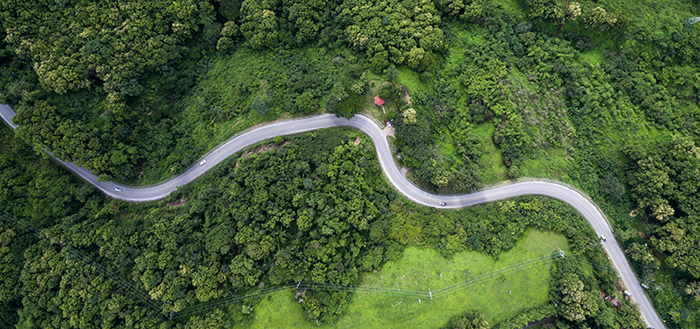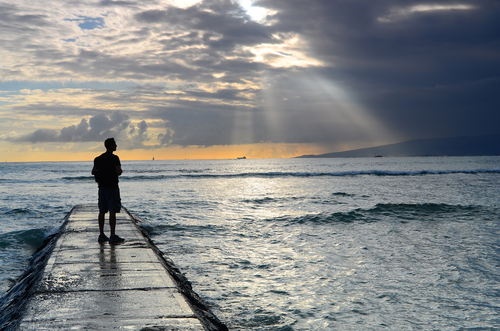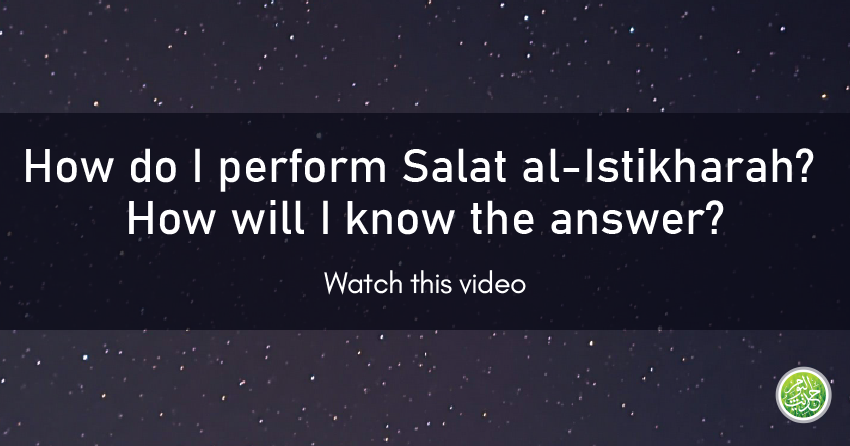7 Significant events that defined the Hijrah

And the first to embrace Islam of the Muhajiroon (those who migrated from Makkah to Al- Madinah) and the Ansar (the citizens of Al-Madinah who helped and gave aid to the Muhajiroon) and also those who followed them exactly (in Faith). Allah is well-pleased with them as they are well-pleased with Him. He has prepared for them Gardens under which rivers flow (Paradise), to dwell therein forever. That is the supreme success. — Qur’an 9[At-Taubah]:100
The history of Islam is incomplete without the Hijrah migration of the noble messenger Muhammad ﷺ. This singular event heralded hope that led to the spread of Islam after prolonged persecution. The pagan arabs rejected faith and belied the messenger ﷺ. They tortured the Muslims with a grand plot to kill her prophet ﷺ. The Muslims patiently persevered until Allah instructed His messenger ﷺ to leave Mecca for Yathrib. This migration in the year 622 AD was what later established significant landmarks in the history of Islam.
- Construction of the prophet’s ﷺ mosque: On arrival in Yathrib, the first act embarked upon by the prophet ﷺ was the building of the mosque. He led his companions in laying the fortress. The mosque of Yathrib was ultimate in simplicity and design. It’s material was unbaked bricks and mortar for the walls. While the roof was of date fronds supported by trunks of palm trees. The alcove of the mosque pointed toward Jerusalem in the north. Each of the other three sides were pierced by a gate. The floor of the mosque had no covering but mud, not even a coarse matting.
- Revelation of Adhan and injunction to Salat: It had become mandatory for the Muslims to pray five times daily in Yathrib. But there was no means to call for the prayers. Several suggestions were made to the prophet,ﷺ but only one was adopted. Abdullah bin Ziyad Al Ansari narrated to the prophet ﷺ that while he was half-awake or half-asleep, a man appeared before him and told him that the human voice ought to be used to call the faithful to prayer. He also taught him the Adhan (call to prayer) and manner of saying it.This idea appealed to the Prophet ﷺ and he adopted it forthwith. He then summoned Bilal ibn Rabah and taught him how to call the adhan. This led to his honorable appointment as the first Muazzin(caller to prayer) of Islam.
- Yathrib metamorphosed: In due course, the city name “Yathrib” soon became obsolete. People began to call it “Madina-tun-Nabi,” — the City of the Prophet. It’s frequent usage caused a contraction of this name to be simply adopted as “Madinah” — “the City”. Till date, that’s the name the city of the Prophet ﷺ has remained. The transformation went beyond nomenclature. It soon became an abode of peace and socio-economical activities. There was room for learning and the growth of Islam became spontaneous.
- The charter of Madinah: The people of Madinah recognized Muhammad ﷺ as their leader and in turn, he gave them a citizen’s charter. Yathrib was previously known for turbulent wars among it’s tribes. Hence, this document served as a charter of peace containing forty-seven articles. One of the most striking clause of this charter is as follows: “The Jews who attach themselves to our commonwealth shall have an equal right with our own people to our assistance and good offices. The Jews of the various branches domiciled in Yathrib shall form with the Moslems one composite nation. They shall practice their religion as freely as the Moslems. The clients and allies of the Jews shall enjoy the same security and freedom”. (The Messenger, the Life of Mohammed, New York, 1946)
- Brotherhood of the Muhajiroon and Ansar: One of the beauties the Hijrah birthed was the brotherhood between the Muslims. The Muhajiroonwere the migrants who left Mecca in search of refuge in Madinah. While the Ansar are the inhabitants of Yathrib that warmly welcomed the prophet and his companions. The impeccable scenario is as described in the following hadith: Narrated Anas: When ‘Abdur-Rahman bin ‘Auf came to us, Allah’s Apostle made a bond of fraternity between him and Sad bin Ar-Rabi’ who was a rich man, Sad said, “The Ansar know that I am the richest of all of them, so I will divide my property into two parts between me and you, and I have two wives; see which of the two you like so that I may divorce her and you can marry her after she becomes lawful to you by her passing the prescribed period (i.e. ‘Idda) of divorce. ‘Abdur Rahman said, “May Allah bless you your family (i.e. wives) for you.” (But ‘Abdur-Rahman went to the market) and did not return on that day except with some gain of dried yogurt and butter. He went on trading just a few days till he came to Allah’s Apostle bearing the traces of yellow scent over his clothes. Allah’s Apostle asked him, “What is this scent?” He replied, “I have married a woman from the Ansar.” Allah’s Apostle asked, “How much Mahr have you given?” He said, “A date-stone weight of gold or a golden date-stone.” The Prophet said, “Arrange a marriage banquet even with a sheep.” (Bukhari)
- Redirecting the Qiblah: In the early days, the Muslims faced the direction of Jerusalem while praying. Until Allah revealed the verses in Qur’an 2[Baqarah]:144. Hitherto, the qiblah has remained the direction of the ka’bah in Mecca. The qiblah is not the direction of sunrise or satellite dish as misunderstood by many.
- The Islamic Calendar: And one of the reasons we are discussing the hijrah is because yesterday (09.21.2017) marked the beginning of a new Islamic year — hijrah 1439. This means it’s been one thousand four hundred and thirty-nine years since the aforementioned events occurred. As Muslims, we do not celebrate a new year like the Gregorians. However, the significance of the hijrah is to measure the passage of time in line with acts of worship like fasting and hajj. So that historic migration of the noble messenger ﷺ air-marked the counting of the islamic calendar.
Since You’re Here… we have a small favour to ask.
In these extraordinary times, millions rely on HOTD for daily uplifting & inspiring content. Established since 2009 and with your kind support we’ve seen readers elevate their Imaan & strive for better on a daily basis. We’re committed to keeping our content freely available and open for all readers. Every contribution, however big or small, makes a difference and help us spread knowledge to millions daily
HOTD is something special, it’s a place where people can come to be inspired, to renew their faith, to learn and share knowledge, to fall in love with our faith and also our Prophet (peace and blessings be upon him and his family).
All content on HOTD is free. We believe what we do in this life builds for the next one and we work tirelessly with the aim to please Allah and inspire the global Muslim community as
well as providing information and inspiration for anyone interested in Islam. We simply cannot do this without your support and your support helps us continue our services.
If there were ever a time to join us, it is now. You can support HOTD and help sustain our future. Support Hadith of the Day and make a one-off donation or give regularly from as little as £10 a month Jazak’Allah Khayr – whatever you donate will come back to benefit you Insha’Allah as whatever is spent in the way of Allah is an investment in the future and the next life. Thank you.







